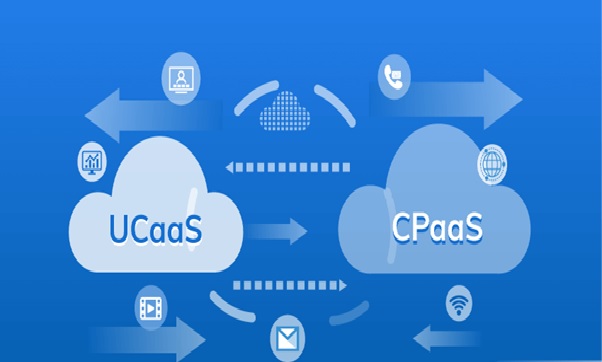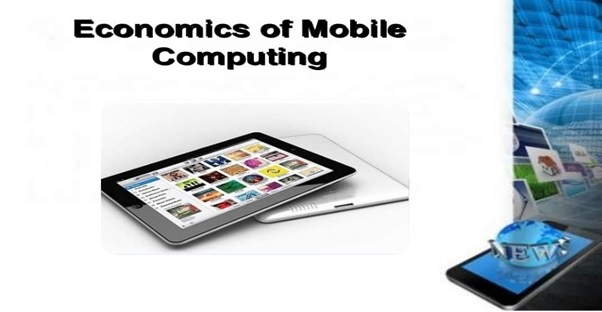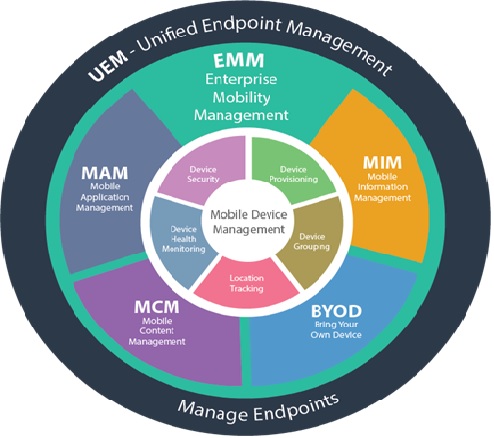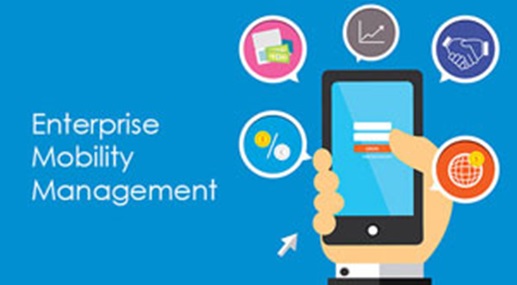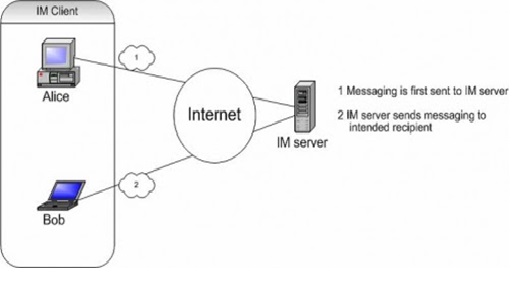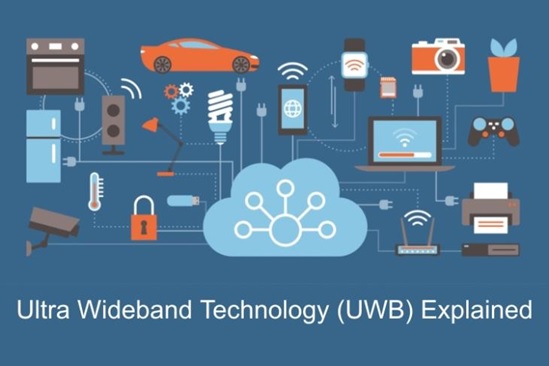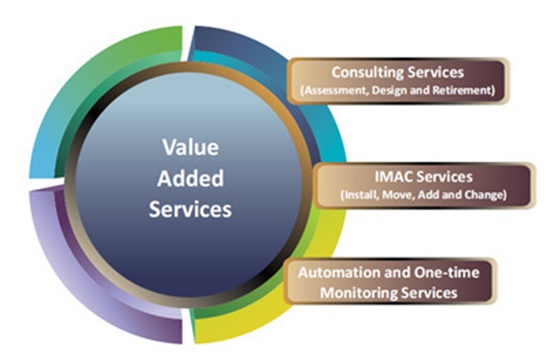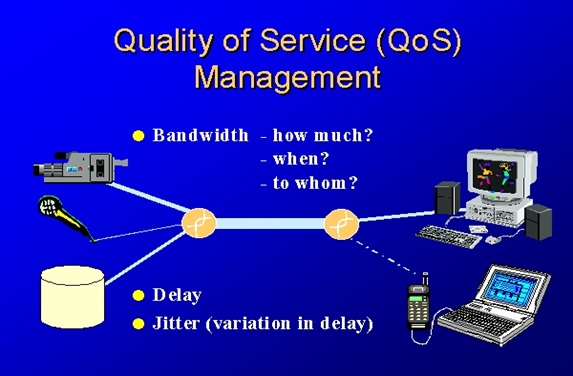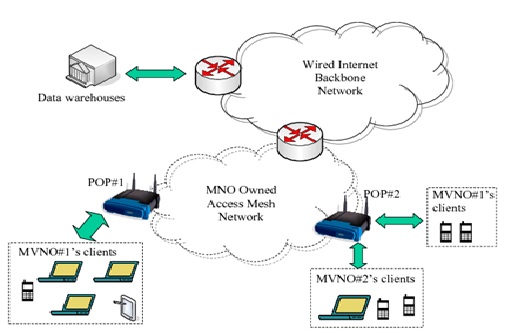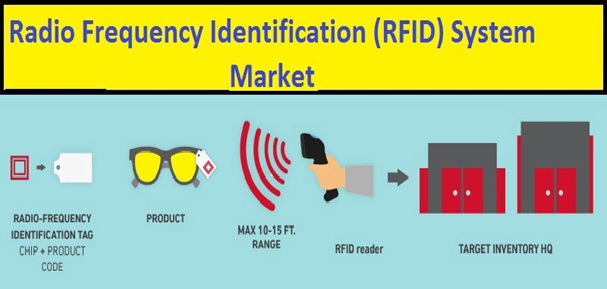The Future Scope of Mobile Operating Systems
An OS is a software interface that is responsible for managing and operating hardware units and assisting the user to use those units. For mobile phones, OSs have been developed to enable users to use phones in much the same way as personal computers were used 1 or 2 decades ago. The most well-known mobile OSs are Android, iOS, Windows phone OS, and Symbian. The market share ratios of those OSs are Android 47.51%, iOS 41.97%, Symbian 3.31%, and Windows phone OS 2.57%. There are some other mobile OSs that are less used (BlackBerry, Samsung, etc.).[1]
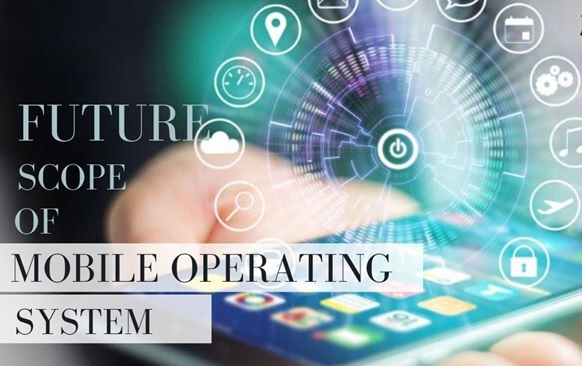
Figure 1. The future scope of mobile operating system
Figure 1 shows a smartphone operating system (OS) is essential engine which helps to run the smartphone smoothly. Operating systems of a smartphone manages both the software and hardware to create an easy user experience. Android, BlackBerry, iOS and Windows are the most common OS used in smart phone.
In addition, increasing number of mobile devices and mobile users has fueling the smartphone OS market and is expected a significant growth during the forecast period. Rising use of mobile devices and growing dependency on smart phone in daily life the smartphone OS market in rising and is anticipated a positive growth during the forecast period. However, the complexity in design of smart phone is acting as a restraint of smartphone OS market. Many manufacturers are focusing on this matter and they are trying to make it user friendly, therefore the impact of this restraint is medium and is expected to be low during the forecast period.
The smartphone OS market is segmented into two categories: by type and by region. By type the smartphone operating systems market is segmented by Android, iOS and Windows and others.
The Android OS is Google's open and free programming stack that incorporates a middleware, operating systems and key applications for use on cell phones, including smart phone. Updates for the Android OS have been produced under "dessert propelled" adaptation names (Cupcake, Donut, Eclair, Gingerbread, Honeycomb, Ice Cream Sandwich, Jellybean, Kitkat, Lollipop, Marshmallow and Nougat) with new version is coming base in sequential order arrange with new upgrades and enhancements. iPhone’s operating systems was initially created for use on its iPhone gadgets. Presently, the smart phone operating system is known to as iOS and is supported on different Apple gadgets including the iPhone, iPad and iPod Touch. The iOS operating system is accessible only in Apple gadgets as the organization does not permit the OS for outsider equipment. Windows Mobile is Microsoft's operating systems utilized as a part of smart phone and mobile phones. The Mobile OS based on the Windows CE 5.2 kernel. n 2010 Microsoft announced another mobile phone organize called Windows Phone 7. In others segment includes BlackBerry, MeeGo OS, Palm OS.[3]
iOS: The World's Most Advanced and Powerful Operating System
In the domain of 21st century, mobile technology has revolutionized the user phenomenon of anytime, anywhere mobility opportunity and enables the users to enjoy with numerous flavors of apps. Now-a-days, most of the Smartphone's users are using smart applications in the world. The backbone for this uprising is the operating system on which these applications run. There are various mobile operating systems available. Apple's iOS and Google's Android are operating systems, which are used predominantly in this mobile realm. This paper discusses and compares Apple iOS and Android mobile OS, advantages, on the basis of their platform and performance in the mobile technology. [2]
References:
- https://www.sciencedirect.com/topics/computer-science/mobile-operating-system
- https://www.techrepublic.com/resource-library/whitepapers/ios-the-world-s-most-advanced-and-powerful-operating-system-in-its-most-advanced-form-vs-android-the-world-s-most-popular-mobile-platform/
- https://www.transparencymarketresearch.com/smartphone-os-market.html
Cite this article:
Thanusri swetha J (2021), The Future scope of Mobile operating systems, AnaTechmaz, pp. 29


